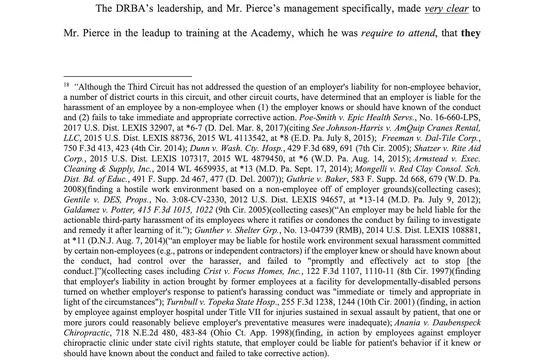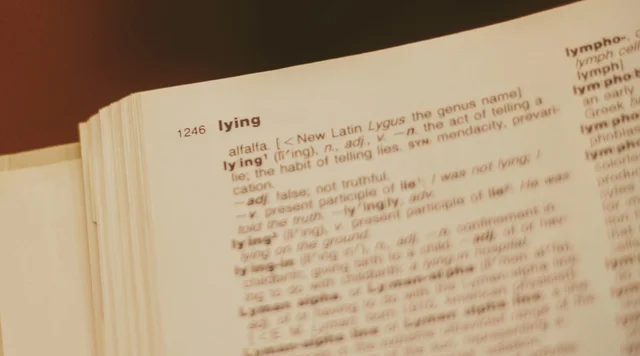Longstanding practice in the District of Delaware, pursuant to the Court's local rules and the judges' form scheduling orders and other standing orders, mandated page limits for briefing.
For example, the Court's local rules set limits of 20 pages for opening, briefs 20 pages for answering briefs, and 10 pages for reply briefs, all in 12 point font. See LR 7.1.3(a)(4); LR 5.1.1(a). However, since about mid-2019, some judges here have permitted or required word limits in lieu of page limits for some types of documents.
Page limits are perhaps easier to police in some ways, but they also force litigants to abandon or minimize the size of potentially helpful graphics or other visual aids in their briefing (which can be particularly useful in describing complex technological concepts).
They also incentivize formatting tricks that the Court may view as a violation of the spirit of the page limit rule. Although word limits are also subject to abuse (e.g., pasting an image including text into the document), they seem to be beneficial to the Court and litigants.
Which Judges Use Word Limits?
Some courts in Delaware, like the Court of Chancery, have abandoned page limits altogether in most instances, and mandate the use of word limits. See, e.g., Ct. Ch. R. 171(f). However, in the District Court, the word limit approach has not been universally endorsed, much less required. For example, Chief Judge Stark continues to mandate page limits in his form scheduling order.
Judges Andrews and Noreika permit the use of word limits in place of page limits for "double-spaced submissions" where page limits are specified by "Order or Rule" (seemingly excluding letters and letter briefs, which are single spaced). Judge Andrews separately requires word limits for claim construction briefing in his form scheduling order.
Judge Connolly requires word limits more broadly for submissions "where page limits are specified by local rule." That would capture briefing and some motions, but not letters or letter briefs. Judge Connolly also includes specific word limits for claim construction briefing and dispositive motion briefing in his scheduling order.
Where word limits are not specified elsewhere, all three Judges use a 250 words/page conversion rate for documents that have a page limit. So a 20-page limit (for example) converts to a 5,000-word limit.
None of the Magistrate Judges have issued separate orders or guidance regarding the use of word limits.
Do the Local Rules Use Word Limits?
No, not currently. It is possible that the next revision of the local rules may permit or require the use of word counts in place of page limits, but in the meantime, litigants will need to keep track of the requirements of individual judges.
If you enjoyed this post, consider subscribing to receive free e-mail updates about new posts.





